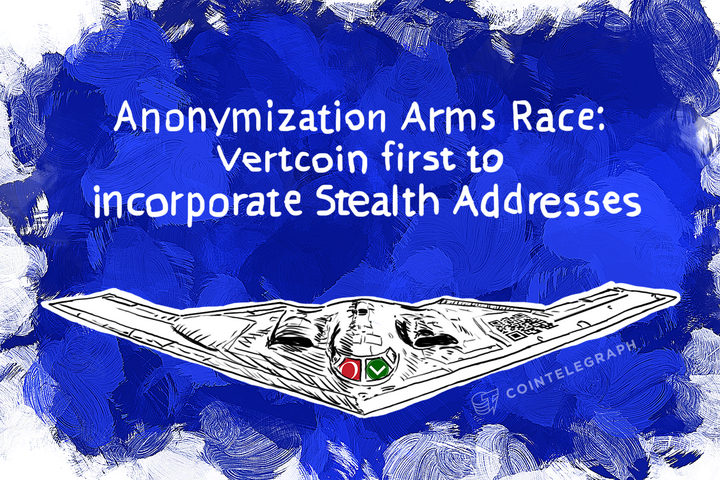Anyone with even the slightest interest in the privacy concerns of Bitcoin and other cryptocurrencies would have little trouble finding a venue to watch and listen to the debate. Currently there are three positions on the issue. The first are the full bore Libertarians, like the Cypherpunks of years past whose motto was:
“Privacy is necessary for an open society in the electronic age. Privacy is not secrecy. A private matter is something one doesn’t want the whole world to know, but a secret matter is something one doesn’t want anybody to know. Privacy is the power to selectively reveal oneself to the world.”
Or UnSystem, creators of Dark Wallet, who posted the following statement on their website:
“Our goal is not to placate and obey the rules of the people responsible for navigating the world into a permanent financial crisis. With or without their permission, we are going to build a better future out of the ashes of this system which they broke.”
One the other side of the coin are the proponents of full regulation, down to the protocol level. A couple of excellent examples are David S. Cohen, Under Secretary of terrorism and Financial Intelligence who said:
“There may be situations where we need to choose between innovation and transparency… when forced to choose between the two, we will err on the side of transparency.”
Or Erik Barnett at the Department of Homeland Security who doubled down on Cohen’s position by stating:
“If we’re not able to follow the money, criminal organizations will easily risk the loss of one conspirator and a certain sum of money to profit overall from a system that conceals their trail… eliminating the anonymity in virtual currencies is an appropriate balance to that concern.”
The thing is that one of the most attractive features of Bitcoin is the privacy that even quasi-anonymity offers to its users. Before we discuss the third position in the debate however we need to understand exactly what is meant by anonymity and what exactly is subject to regulation.
What is Privacy?
First of all, privacy cannot be considered secrecy, although proponents of the first position, usually government agents or law enforcement, who want their jobs to be as easy as possible, are implying that they are synonymous. Privacy is simply being able to choose what information or aspect of you to the world. Bitcoin is not secret now. The public ledger is open to everyone. Also there are two aspects of cryptocurrencies that can be regulated: Transaction level or protocol level. There has currently been little or no real talk about regulating at a protocol level, although this is law enforcement’s dream outcome.
While Bitcoin transactions are quasi-anonymous they can be tracked using the right tools and techniques as Kristov Atlas demonstrated so well with his SharedCoin Sudoku earlier this month. The only way to get real privacy is to obfuscate the transaction as much as possible. One way to do this is bundling, which groups a number of transactions together before inserting them into the blockchain, but the above mentioned research demonstrated that that technique has weaknesses that will only get worse over time.
The other way is to use “stealth addresses”, which will fully hide both the public key and/or transaction amount. This is a fairly new paradigm and, until recently, has not been added to the protocol of any cryptocurrency. Up until now stealth addresses could only be accessed through third party providers like Dark Wallet which was just announced on May 1 by Amir Taaki.
While there are at least three cryptocurrencies with plans to incorporate stealth addresses into their protocols, it appears that the first one to make the additions will be Vertcoin. Vertcoin breaks from the crowd by changing its mining algorithm to either prevent or at least minimize mining centralization. The company is already testing the new protocol with stealth addresses and expects release within three weeks. The company explains their process this way:
“Stealth addresses increase privacy for a recipient by allowing you to publish a stealth address, which is like a seed which the sender then uses to generate a unique one-use Vertcoin address for the transaction. All the transactions remain public on the blockchain, but knowing the entire transactional history of your stealth address is now no-longer possible except for you, the holder of the secret key.”
The recent announcement might be an attempt by Vertcoin to shore up its value, which has seen a precipitous drop of 50% recently. But the announcement also raised concerns about this enabling criminals or terrorists to operate more effectively. The company spokesman however said that the company’s intention was not to hide criminals from the police but to hide citizens from the corporations.
The debate is certain to continue, as is the development of workarounds like Dark Wallet and stealth addresses. But one thing that is very certain: Regulation is coming and financial anonymity from the government is just not going to be allowed. Governments survive by collecting taxes and complete anonymity is an existential threat to all governments.


